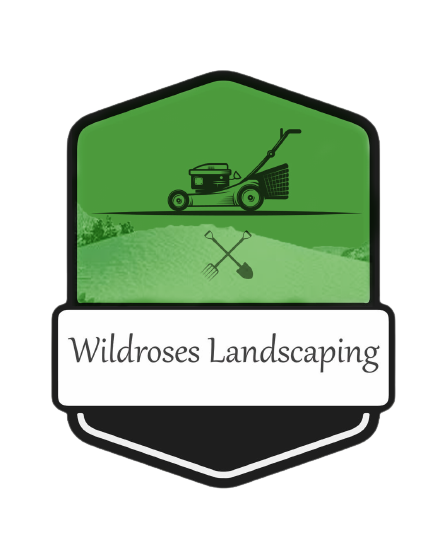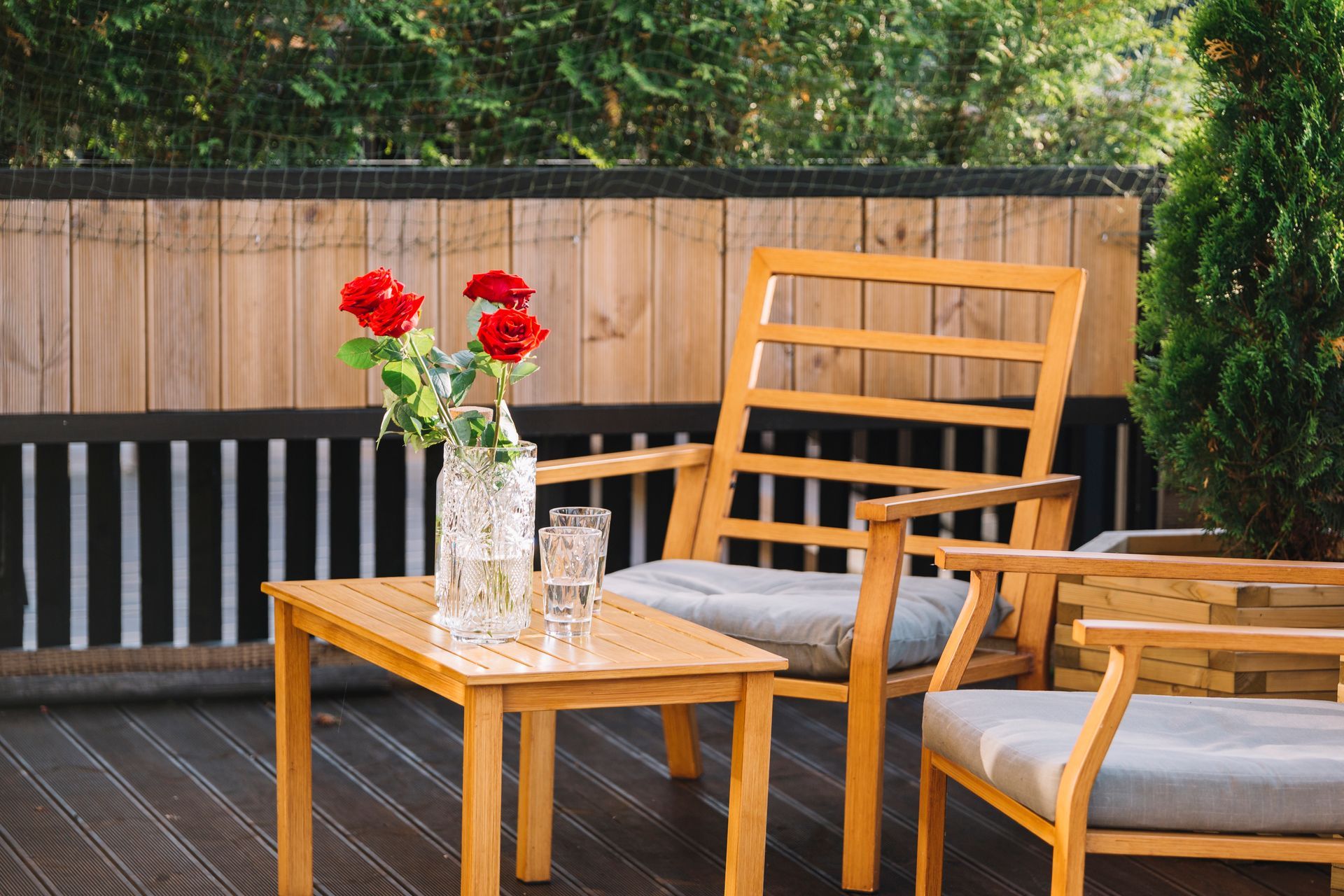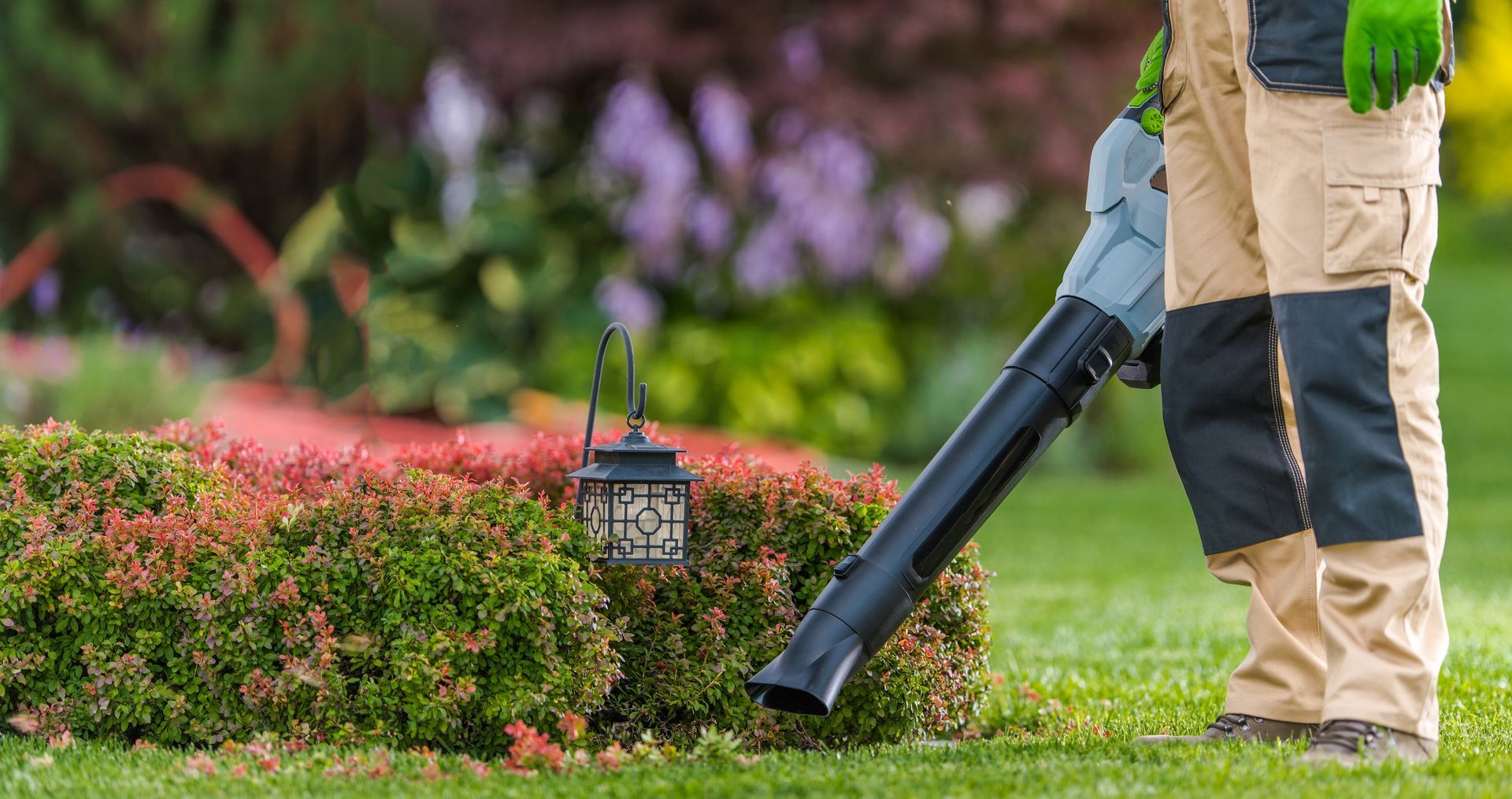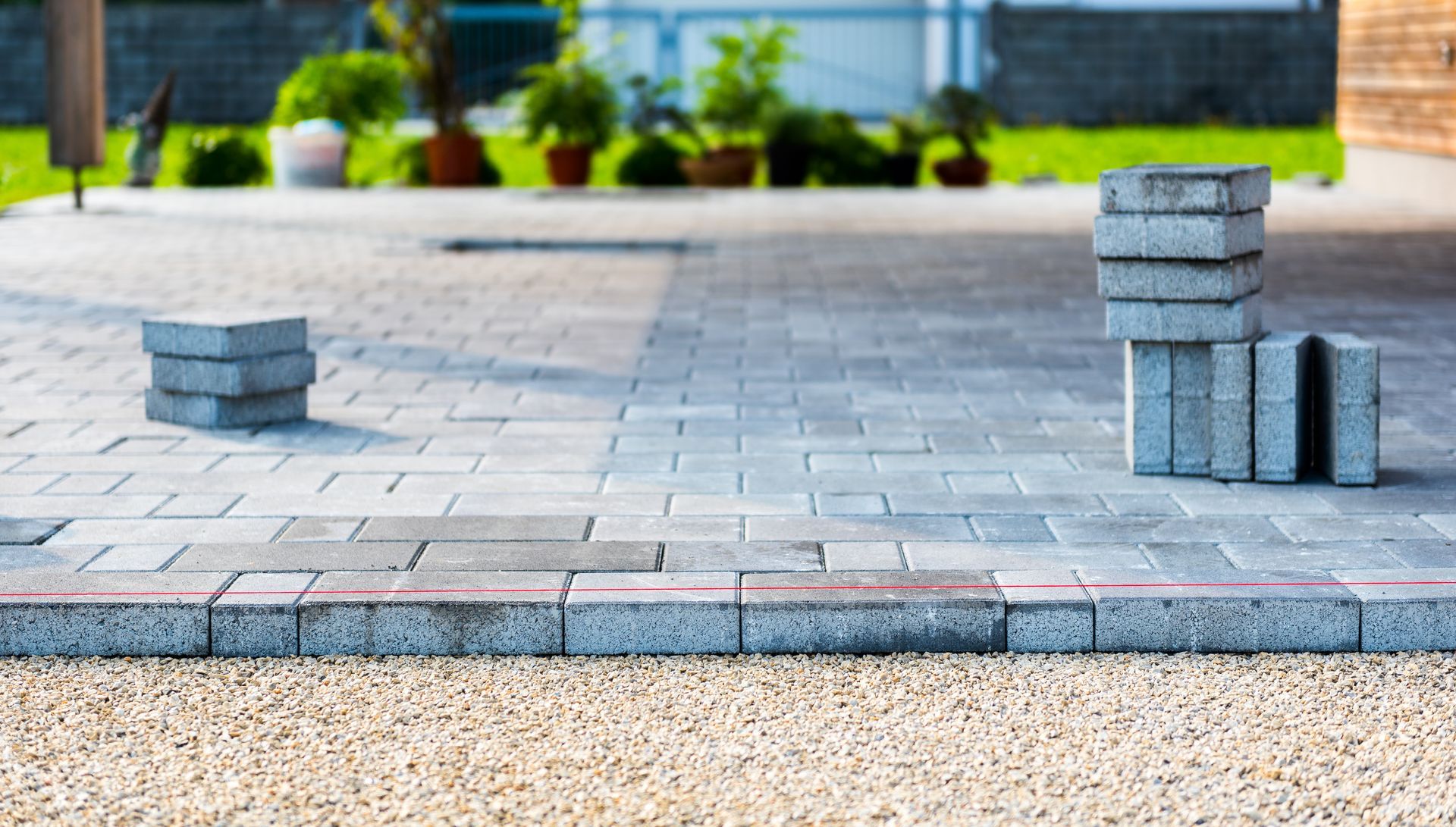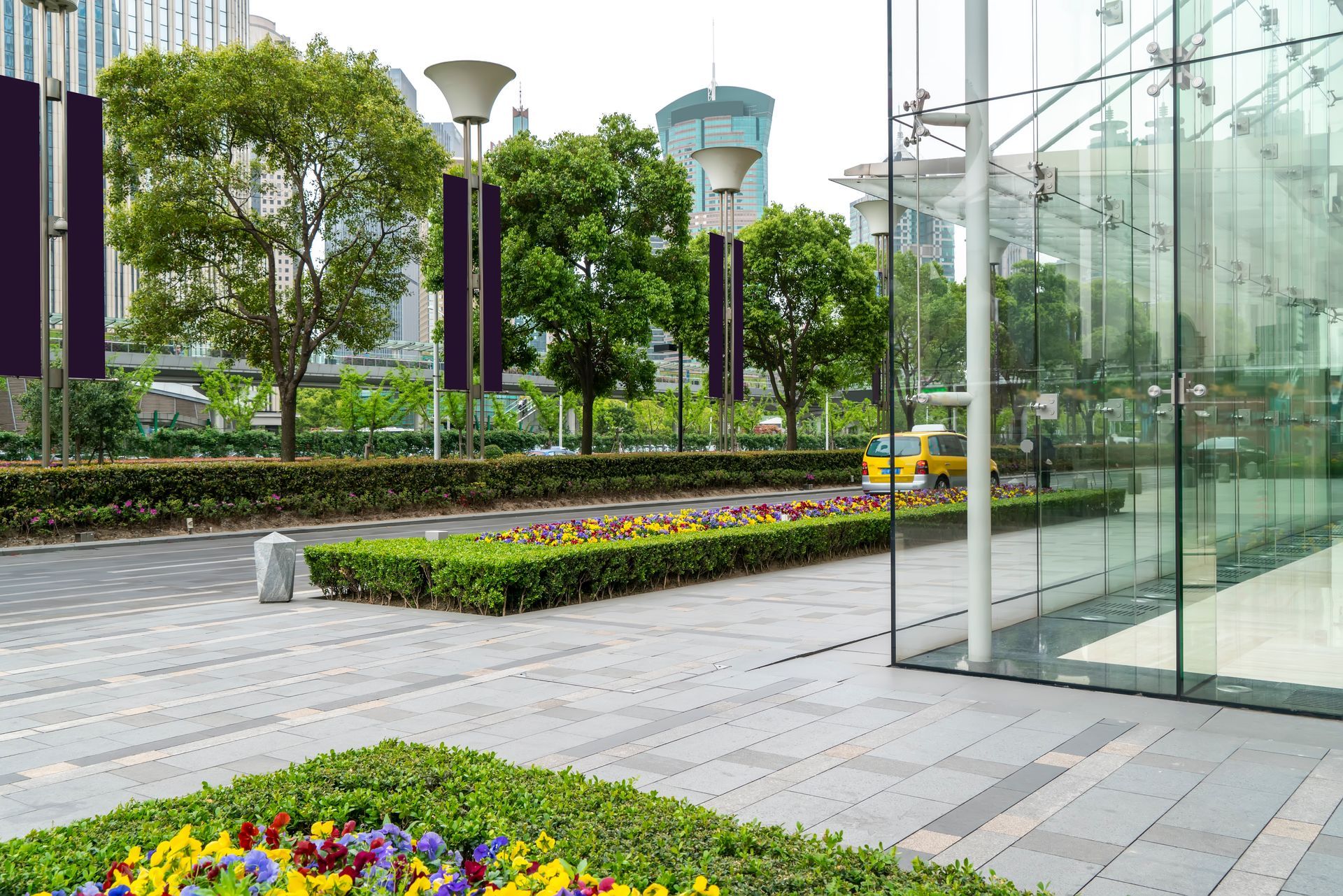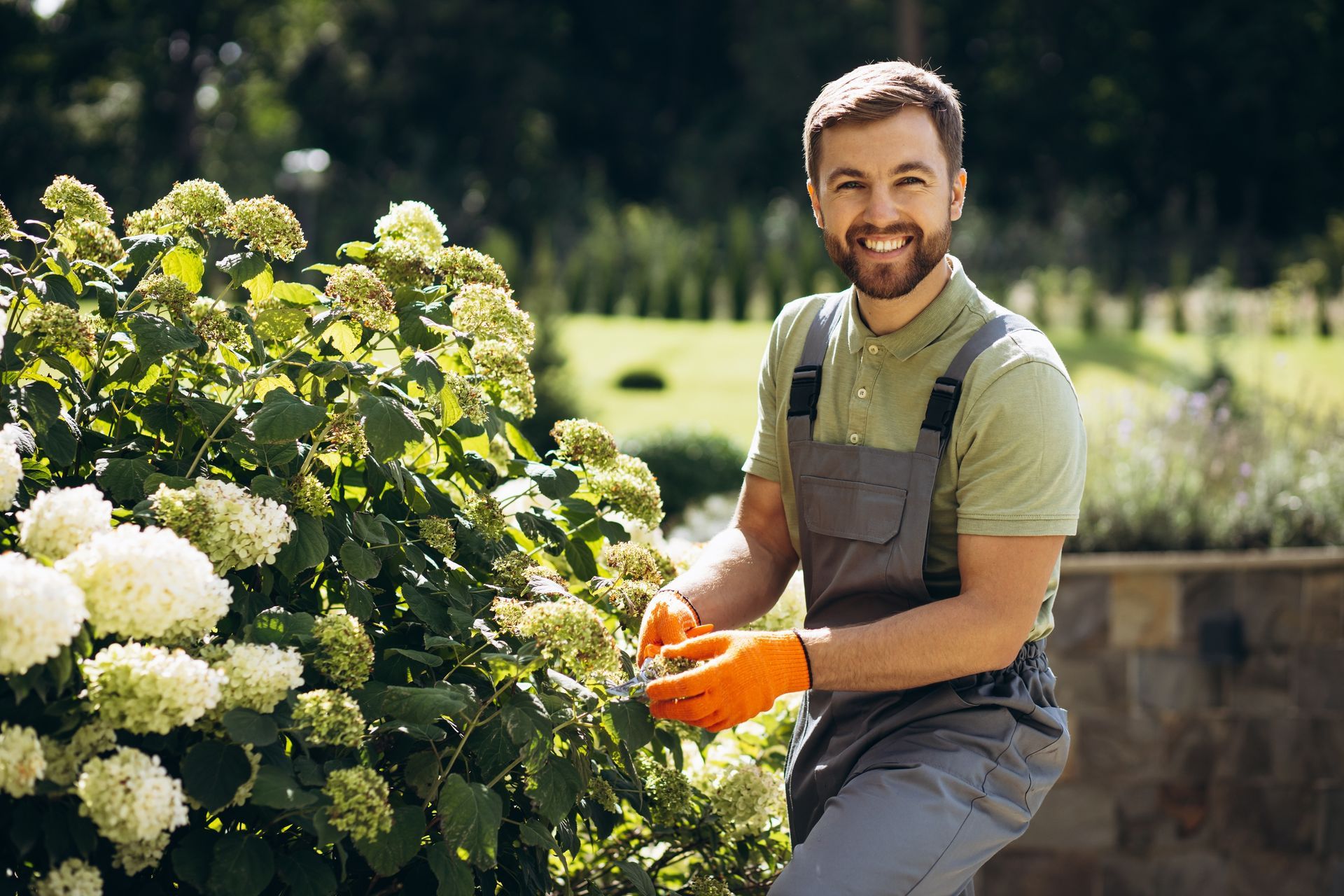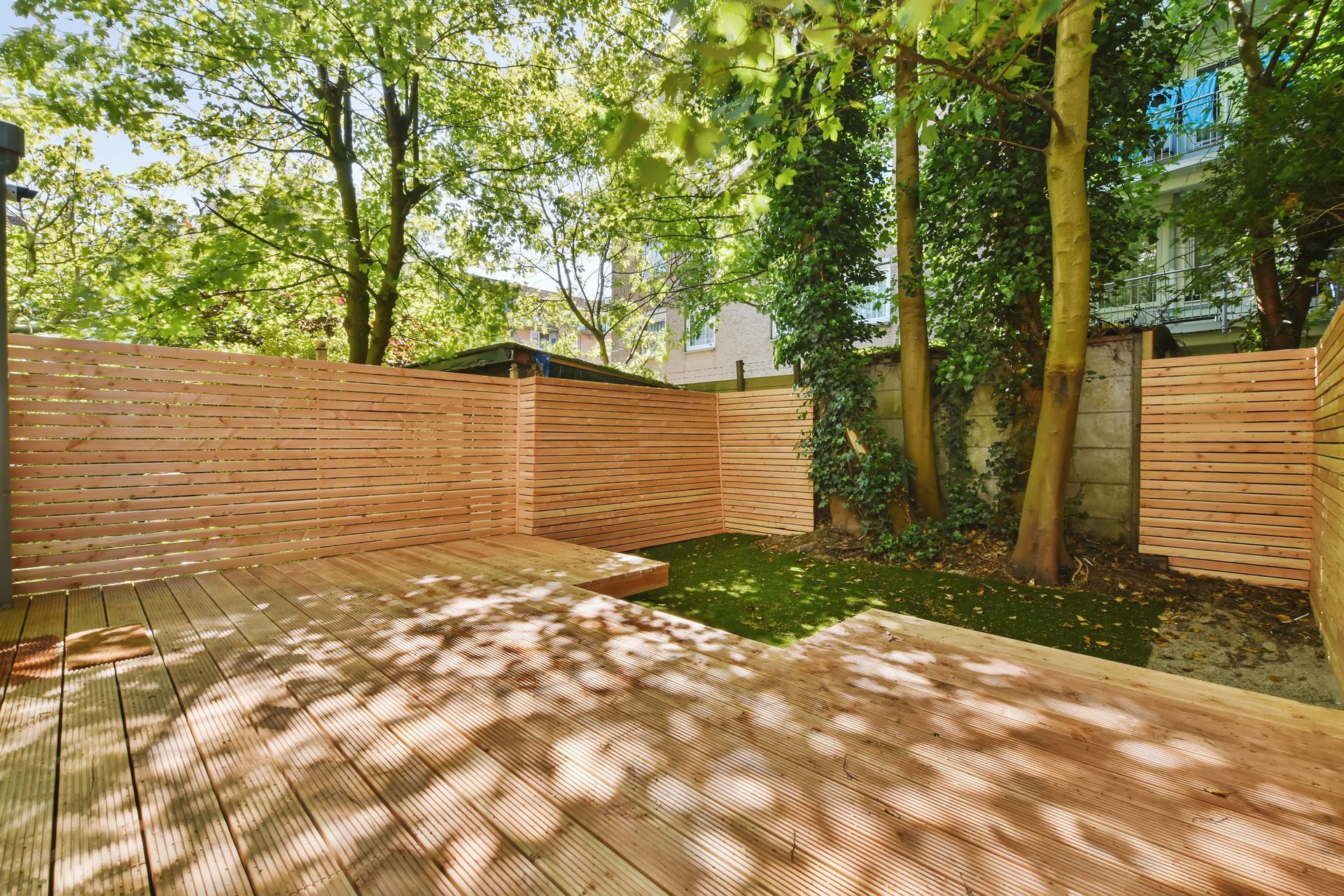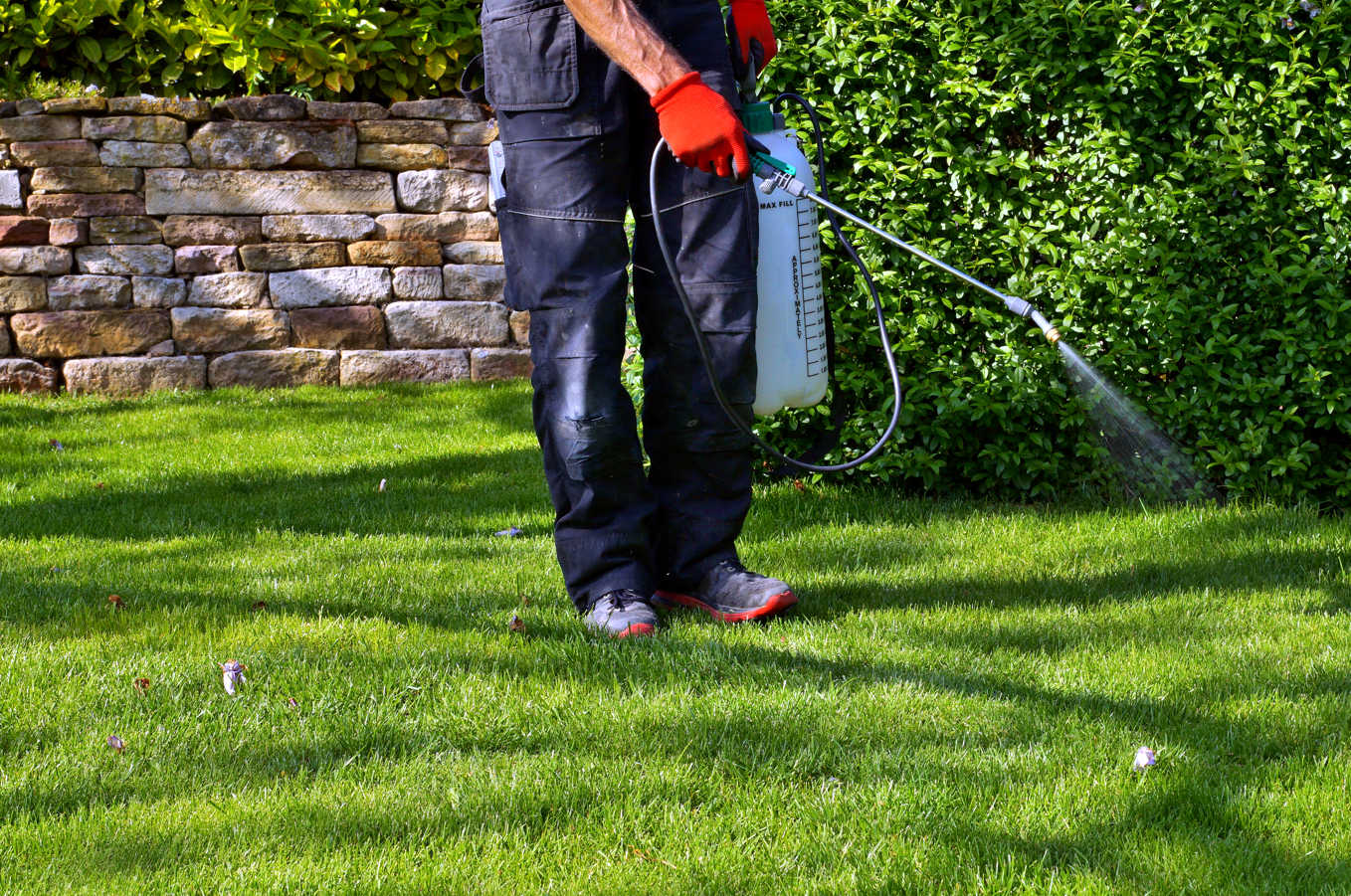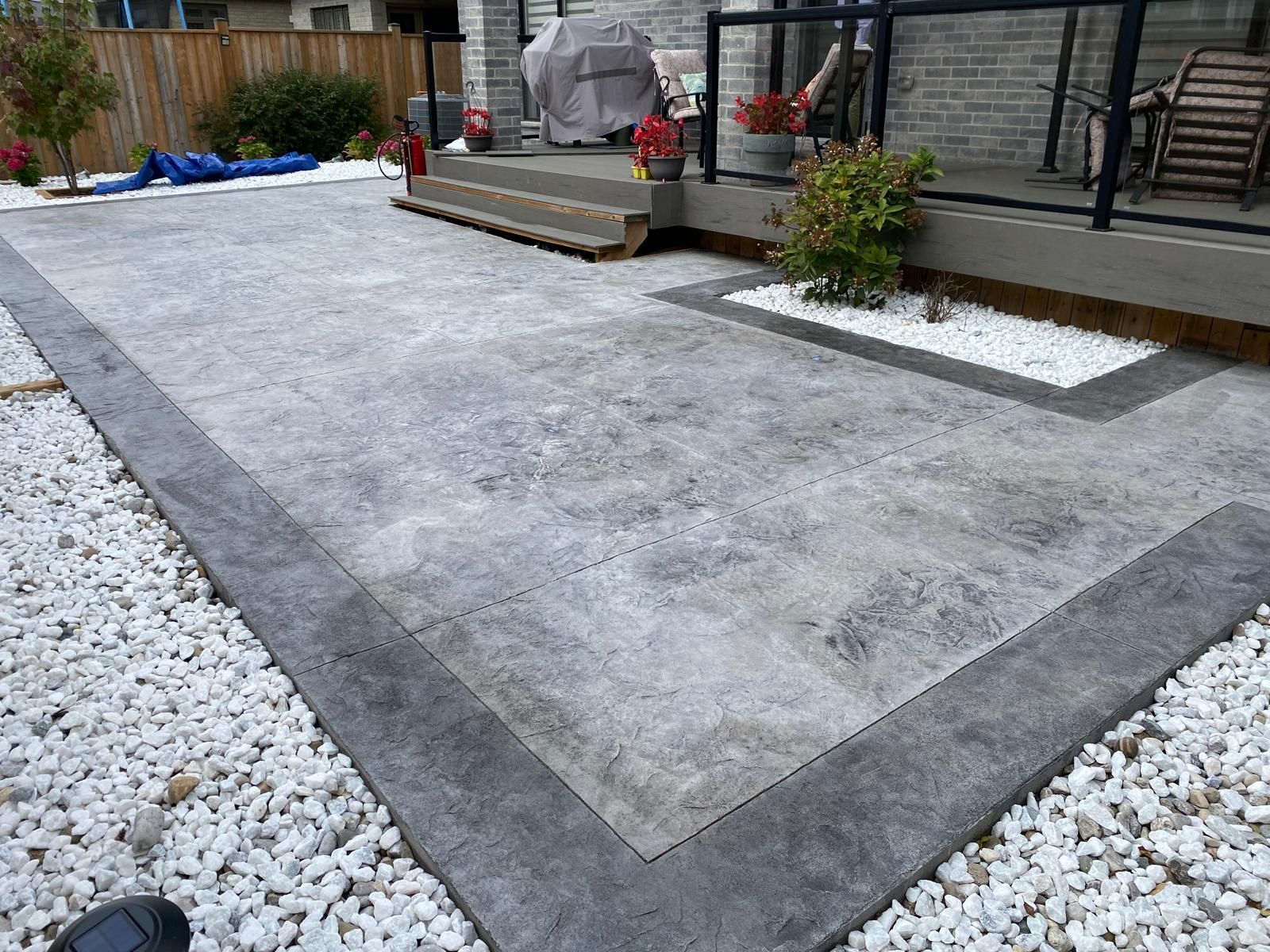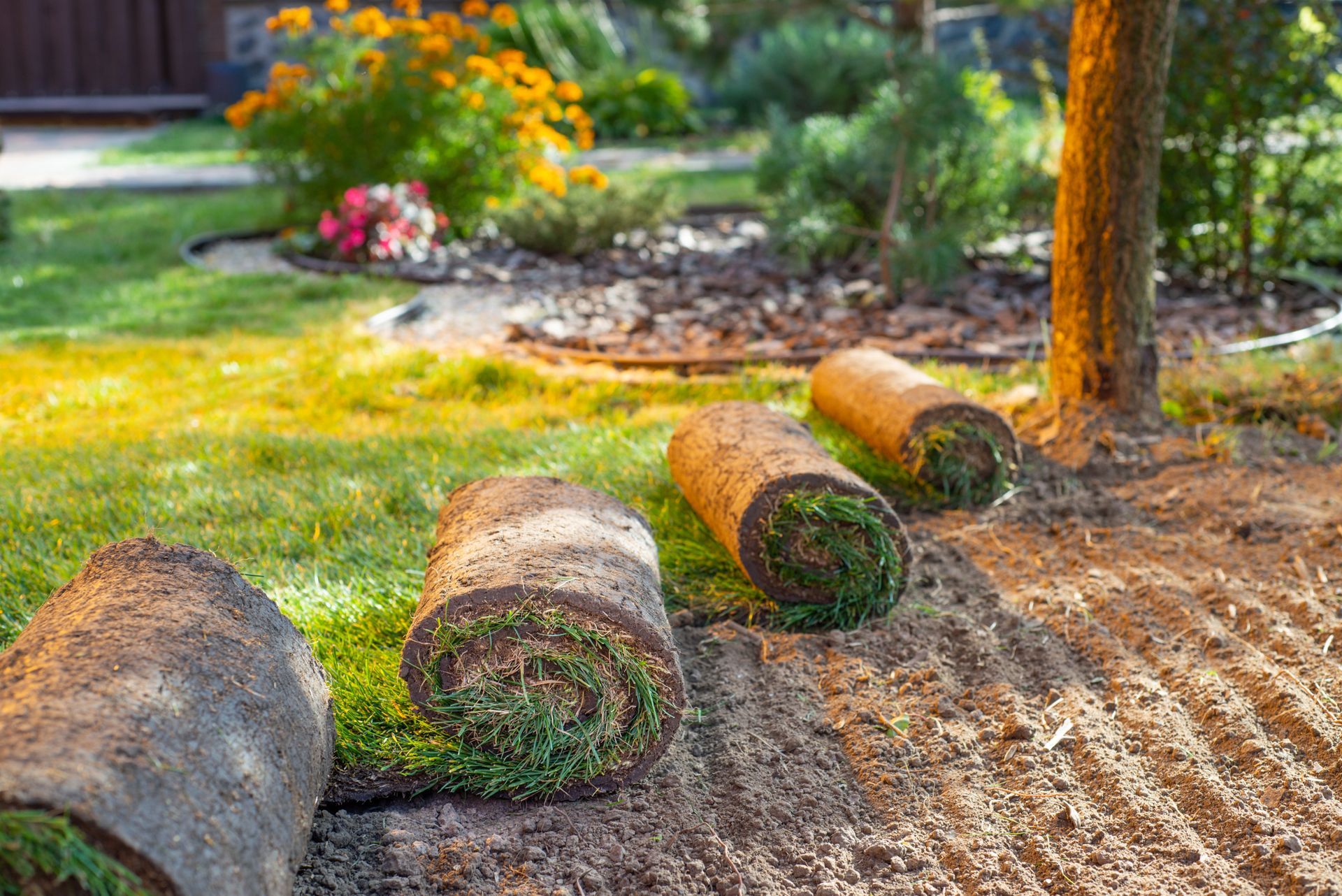Designing Pollinator-Friendly Gardens
Pollinator-friendly gardens are vital for supporting local ecosystems, as they provide essential resources for bees, butterflies, and other pollinators. These gardens help enhance biodiversity, improve crop production, and contribute to a balanced ecosystem. As urbanization continues to impact natural habitats, incorporating pollinator gardens into residential landscapes can make a significant difference.
Selecting the Right Plants for Pollinators
Choosing the right plants is crucial to designing an effective pollinator-friendly garden. Focus on native plants, as they offer the best resources for local pollinators. Consider a range of flowering plants that bloom at different times, ensuring a continuous supply of nectar and pollen throughout the growing season. Popular choices include coneflowers, milkweed, bee balm, and asters.
Creating Habitat Features
In addition to flowers, providing habitat features is essential for attracting and supporting pollinators. Include elements such as bee hotels, birdhouses, and shallow water sources to offer shelter and hydration. These features create a welcoming environment for pollinators to rest, feed, and reproduce.
Designing for Diversity and Color
A diverse and colorful garden is more likely to attract a wide range of pollinators. Incorporate a variety of plant shapes, sizes, and colors to appeal to different species. Group plants in clusters to make it easier for pollinators to locate food sources. Additionally, consider adding plants with varying heights to create a layered, visually appealing landscape.
Avoiding Pesticides and Chemicals
To maintain a healthy pollinator garden, it's essential to avoid using pesticides and chemical treatments. These substances can harm beneficial insects and disrupt the balance of your garden ecosystem. Instead, opt for natural pest control methods, such as introducing beneficial insects or using organic repellents.
Incorporating Edible Plants
Pollinator gardens can also include edible plants, providing benefits for both pollinators and humans. Herbs like lavender, thyme, and rosemary attract bees while offering culinary uses. Additionally, fruiting plants such as blueberries and strawberries can provide food for pollinators and fresh produce for your table.
Educational and Community Engagement
Creating a pollinator-friendly garden offers an excellent opportunity for education and engagement. Share your garden with friends, family, and neighbors to raise awareness about the importance of pollinators. Consider hosting workshops or community events to inspire others to create their own pollinator-friendly landscapes.
Start Your Pollinator Journey
Designing a pollinator-friendly garden is a rewarding way to support local ecosystems and enjoy a diverse and vibrant outdoor space. By selecting native plants, incorporating habitat features, and avoiding chemicals, you can create an inviting environment for pollinators to thrive. Ready to transform your garden into a pollinator paradise? Contact Wildroses Landscaping today, and let us help you design a flourishing garden that benefits both wildlife and your home.
